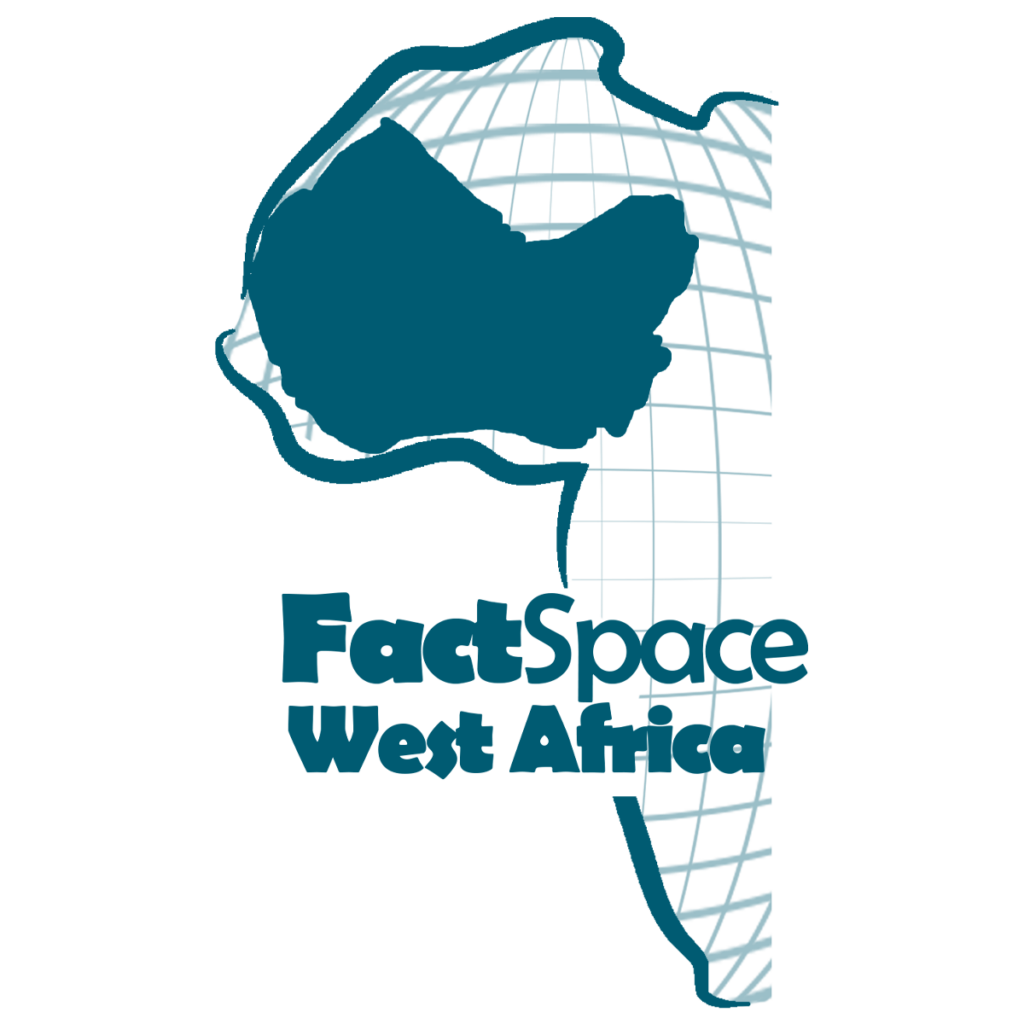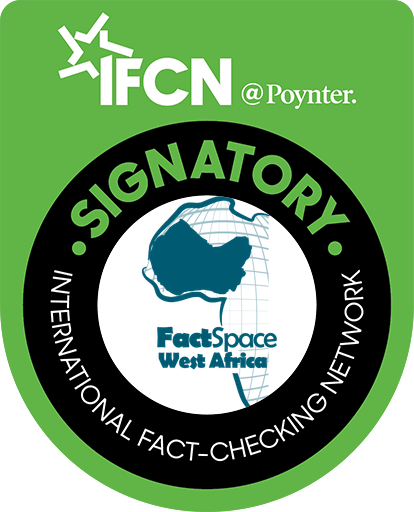Thirty journalists in The Gambia have been trained in fact-checking and news verification to be part of a national network of fact-checkers helping tackle information disorder ahead of the country’s December elections.
West African fact-checking organization, FactSpace West Africa with support from UNESCO-Dakar and its component of the Peace Building Fund project entitled ‘Young Women and Men as Stakeholders in Ensuring Peaceful Democratic Processes and Advocates for the Prevention of Violence and Hate Speech,’ organized the three-day training programme between July 26-28 at the Seaview hotel in The Gambia.
“As The Gambia prepares to head to polls on 4th December for the presidential election, it is critical to empower the media with tools, resources and skills to counter the phenomenon of disinformation and misinformation, especially within the context of the COVID-19 crisis, during which fake news is spreading more than ever around the world.” The UN Peace and Development Advisor in The Gambia, Patrick McCarthy representing the Resident Coordinator of the UN system in The Gambia, Ms Seraphine Wakana said during the opening speech.
Political landscape
The Gambia’s democratic elections of 2016 produced a peaceful transfer of power through civil discourse and political participation, after former President Yahya Jammeh’s 22-year dictatorship which was dominated by widespread abuses.
The change of government has led to media pluralism and triggered increased citizen participation in discussions on traditional and social media.
These changes in the media landscape have afforded opportunities for the youth, who are at the forefront of information, media, and technology appropriation, to share all forms of information from personal thoughts, civic engagement, expert opinion to curated content.
However, some analysts have recognized that misinformation and disinformation are becoming widespread in the country’s political discourse especially on social media platforms with the potential to be used to cause chaos and undermine The Gambia’s stability.
“Fact-checking in elections should not only be limited to what the political candidates say but also deliberate attempts by their supporters and other groups or individuals to mislead or manipulate the people must be checked.” Vice President of The Gambia Press Union, Muhammed S. Bah stated.
Online and offline training
The online/onsite capacity building programme by FactSpace West Africa involved 9 seasoned trainers/ speakers connecting with participants to equip them with the skills to debunk fake news and misinformation in all its forms.
“The capacity to effectively check facts is not only necessary but indispensable in 21st-century journalism.” The UN Peace and Development Advisor in The Gambia, Patrick McCarthy representing the Resident Coordinator of the UN system in The Gambia, Ms Seraphine Wakana said.
The participants included eleven female and nineteen male journalists drawn from 25 media organizations ranging from commercial and community radio stations, digital platforms, television and print outlets who will be helping in tackling mis/disinformation online and offline.
The trained journalists would be expected to serve as in-house fact-checkers for their various newsrooms while helping flag suspicious claims on social media as members of The Gambia Fact-Checking Network.
The activities of the network would be coordinated via a shared WhatsApp tipline, together with the partner mainstream media organizations to ensure cross publication of fact-check reports.
In the last couple of years, the global fact-checking community has grown, with significant changes to the scope and horizons of the practice.
“Today, compared to the mid-2010s, fact-checkers specialize and provide professional services in a variety of areas to some of the largest technology platforms. Google, Facebook, Line, TikTok, WhatsApp, and YouTube are among the platforms that feature fact checks on their various products and services in different capacities,” the director of the International Fact-Checking Network and international programming at the Poynter Institute, Baybars Orsek said while presenting his speech as a guest speaker.
Founded back in late 2015, the International Fact-Checking Network (IFCN) has been advocating for higher standards among the global fact-checking community.
The IFCN currently has 93 organizations from 54 countries signatories to its code of principles. Code signatories range from big beasts of traditional media such as Le Monde’s Les Decodeurs, in France and the Washington Post in the U.S, to global newswires AFP, AP, DPA, and Reuters, non-profit organizations like FactSpace West Africa of Ghana, Africa Check of South Africa, Full Fact of the UK, Chequeado of Argentina and start-ups such as Politifact in the US and Rappler in the Philippines.




